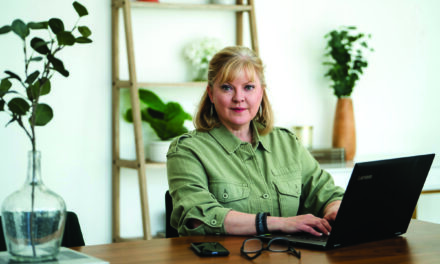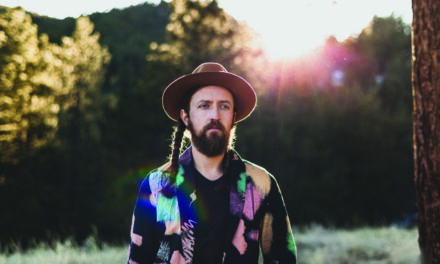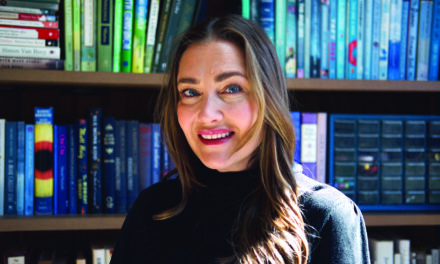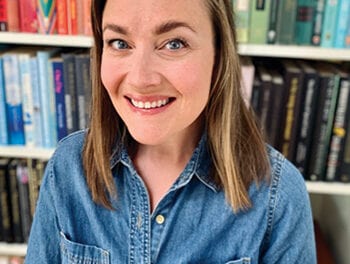
Twenty-five years ago, when Chris Becker moved to Evergreen, he was already a successful musician, but it was his artistic side that drew him to the mountains. Originally from Chicago, and growing up in a musical and artistic environment, Chris had established himself in the Midwest as an accomplished pianist as well as a performer in well-known rock bands in the area. When he made the move out west, his work shifted to more of a balance, not only finding a way to make a full-time living through music, but also learning to see every experience as creative and inspiring, instead of limiting himself to musical hours.
Chris has found, since landing in the mountain area, that living through his music has less to do with measurably producing and more to do with paying attention to the inspiration in every day. Since arriving here, he’s taught hundreds of students—from instrumentalists to choirs to songwriters, in private lessons, in schools, and at the Evergreen Conservatory of Music. “The kids are full of energy, and that’s one of the things that drives me through the day,” he says. “I rely on everything I’ve done musically in my life to push through, to teach them, and in turn, when I come back to my studio, I feel more focused and serious.”
“You start with an outline and before you know it, it’s evolved into something else.”
While Chris has always composed his own music, like many who found new time and isolation on their hands, COVID initiated a wave of production for him. “I finally turned my attention to the studio and the things I had been wanting to get done for so long. Now I’ve released 32 original tracks, and it’s nice to feel like I’m leaving some sort of legacy,” he says.
For as much as he achieved in isolation, Chris has learned that he can’t live life that way. Being among young musicians has become an integral part of his creative process, and he likes to pass that knowledge along to them. “I want the kids to be creative. Sometimes, they get so stressed out about having to do things a certain way, think a certain way. I try to let them know, you can be who you want to be. And when they get that chance to be creative, they have a great time.”
Since getting back into teaching post-pandemic, Chris has learned new ways of organizing his time, benefitting from the creative energy of youth and education as well as the focus of isolation. “I take all of these experiences, and then I have to disappear. My friends know: don’t call, don’t come over. I’ll be under the headphones trying to get away.” He has put into practice a fresh intentionality that feeds his inspiration instead of draining it—but that doesn’t mean he gets out of depending on the muse. “When I finally get a piece done, it’s the result of making the time, yes, but also the process. There are things you can’t force about it. The creative process can take your great plan out the window. You start with an outline and before you know it, it’s evolved into something else,” he explains.
Any musician’s art-making success is learning to wrestle with this push-and-pull, the discomfort of needing freedom to think and dream and be moved, but needing discipline and routine to really hone in. For Chris, the stability of teaching lessons and working with schools builds a framework around his time so that he can anticipate a creative rush in the small openings that leaves him. “It’s about the journey, and I try to savor that. Music is in all of us, and if we can find the time and space to allow it, it will draw itself out,” he says.
As part of his intentional practice toward art, Chris has been sharing his latest productions on a YouTube channel. You can follow along and listen at @chrisbecker1106. “It’s the sort of music people might listen to and then need to digest. One track may be way over here and the next track is completely different. But one way or another, I’m trying to have a positive effect.”




